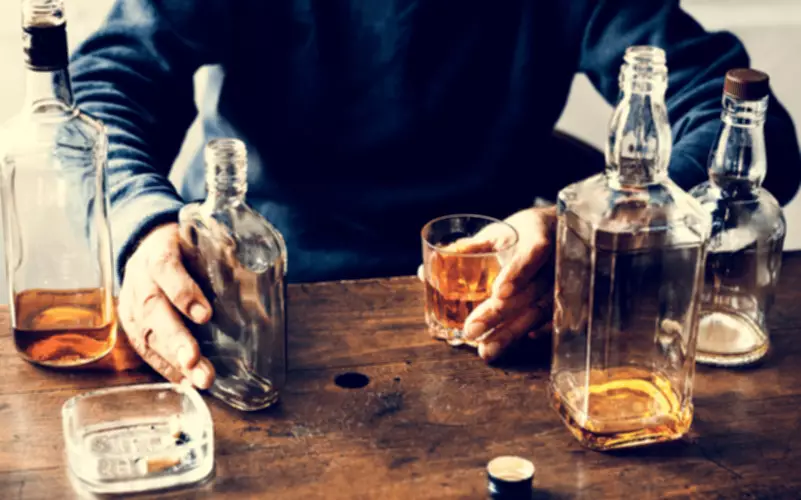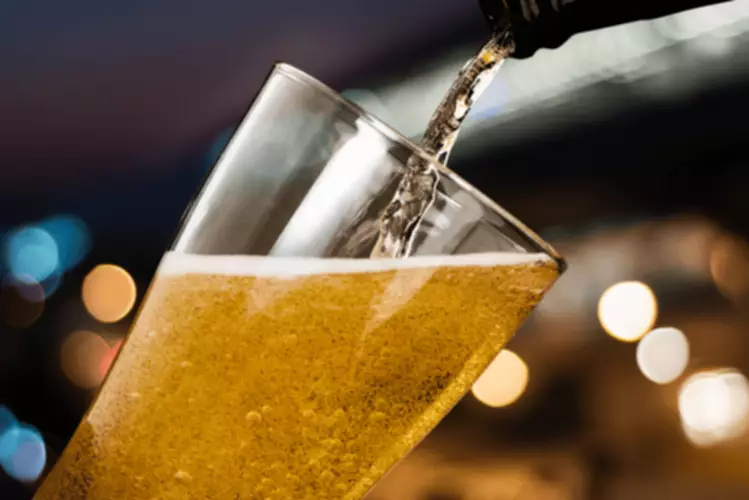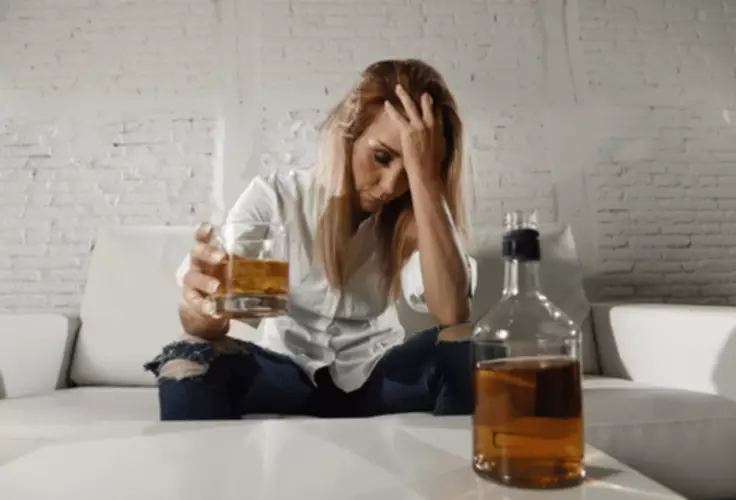Sober living
The Road To Recovery: Healing The Brain After Antipsychotic Use
Ultimately, much like other chronic diseases, addiction is preventable and treatable, but it does change one’s biology and can last a lifetime if it goes untreated. The warm atmosphere and outstanding staff provided a feeling of hope for the future. I came a broken man and was nurtured back to health physically, mentally, and Spiritually. The brain is made up of billions of cells, these are called neurons and they organise themselves into circuits and networks. So why is it so hard to know whether alcohol is good or bad for us—especially for our brains?
How Does Alcohol Impact the Brain?
Chronic stress can have negative effects on the brain, including impairing memory and cognitive function. Techniques such as meditation, mindfulness, and relaxation exercises can help reduce stress levels and promote brain healing. Our brains are essentially wired to increase the odds that we will repeat pleasurable activities. The neurotransmitter dopamine is central to this, and when drugs or alcohol are released into the brain, we get a big surge in our dopamine receptors. The same goes for when our reward center is activated by a healthy pleasurable experience, just a much smaller amount.
- After a while, repeated substance use intensifies dopamine surges, which influences the mind to seek drugs at the cost of other activities.
- Instead, you must actively work to increase your dopamine levels in healthy, sober ways.
- When a person starts using drugs, dopamine and all other transmitters are compromised in more ways than one.
- Into Action Recovery Centers takes pride in providing a high level of treatment and a holistic approach to recovery for those who suffer from addiction.
- Drugs flood the body with dopamine, and so the brain reduces its own dopamine production in response.
Lifestyle Changes for Long-Term Recovery
- While these natural and alternative methods can be beneficial, it is important to remember that they should not replace conventional medical treatment.
- We continue to learn more about the addictive properties of drugs every day.
- By dealing with both these aspects, treatment programs can offer a more holistic approach to recovery, facilitating a deeper and more sustainable healing process.
Sober living facilities are an excellent option for the transition period between inpatient treatment and going back home. This is where you will live almost independently, but you will have to respect house rules and curfew, undergo drug testing, and attend therapy. “We signs of drug use have tremendous amounts of sleep technology that we can add into behavioral health other than, simply, ‘Get more sleep’ or ‘Try to go to bed earlier,’” Dr. Fong said. “More and more studies are showing that when you get into recovery, your brain heals,” Dr. Fong said.

Risk and protective factors
Methods that can demonstrate dynamic physiological information about brain function and activity. Functional imaging techniques allow researchers to measure the contributions and impact of specific brain structures to specific psychological processes (e.g., attention, working memory, impulse control, etc.). This imaging is usually performed while participants complete specific tasks, which allows researchers to identify brain regions that are activated, or recruited, to perform said task. Atypical brain function in clinical populations may include reduced neural activation or a different pattern of neural activation when performing certain tasks as compared to a health control population. However, dopamine is also released into the nucleus accumbens when using substances like nicotine, alcohol, and heroin. In addition, addictive drugs can release significantly more dopamine that non-drug-related rewards do, and they do it more quickly and with more regularity.

With the right support and strategies in place, you should be able to create lasting changes in your brain and achieve long-term recovery. Instead of immediately diving into addressing addictive behaviors with his patients, he likes to begin by encouraging basic practices such as sleep and exercise to help heal the brain. Though individual neurons might be damaged beyond repair, the brain attempts to heal itself when damaged by making new connections or new neural pathways as workarounds for the damage.
Building Coping Skills
However, research suggests that some effects may persist even after discontinuation of the medication. Antipsychotic medications are commonly used to treat mental illnesses such as schizophrenia and bipolar disorder. While these medications can be effective in managing symptoms, there may be some negative effects on the brain. It is important to understand what these effects might be and what strategies or treatments can help heal the brain after taking antipsychotic medications. Most drugs interact with the reward center or pleasure center of the brain, releasing strong feel-good emotions that affect the individual’s body and mind. Our brains reward us when we do something that brings us pleasure, normally to encourage healthy habits that are meant for survival, like eating a good meal or working out.
Pregnant? Researchers want you to know something about fluoride
Eventually, it is only the addictive behavior that brings the addict any sense of joy or at least freedom from pain. This is not only a biochemical process, as the drugs themselves affect the brain’s biochemistry, but also a process of habit. It is crucial to understand that resetting your brain’s dopamine levels is something that takes time.
How Do Drugs Work in the Brain?
Addiction is a treatable disease

